
A college student demonstrates how to cook ethnic food and promotes bean products in her hometown of Liuzhou, Guangxi Zhuang aunotomous region, in August. (LONG TAO/FOR CHINA DAILY)
Legal risks
Lan said her classmate greatly respects people's privacy.
"Although he likes sharing our laboratory's daily activities with viewers in his livestreaming room, he has never disclosed our experiment details, nor personal information of other students," she said.
Ma, from Beijing DHH Law Firm, stressed the importance of protecting privacy and the image rights of other people in livestreams, telling Legal Daily that such activities should not be conducted without regard to their time or location. Individuals should not be filmed without their consent, she added.
On the issue of some college students attracting viewers by vulgar actions, such as skimpily dressed female hosts who dance during livestreams, Ma said such behavior must be prohibited. "Most college students are already adults, meaning that they must take responsibility for their behavior, otherwise spreading harmful information online will lead to legal risks," she added.
In October, China's Cyberspace Administration punished two internet operators, Quark and NetEase, after users posted unhealthy content on their platforms.
Multiple anchors on NetEase engaged in vulgar language and borderline sexual content while dancing during their livestreams. Quark was discovered to have search results displaying a large amount of obscene and pornographic content.
NetEase was eventually ordered to suspend the dancing channel for seven days, and Quark was fined 500,000 yuan ($68,750).








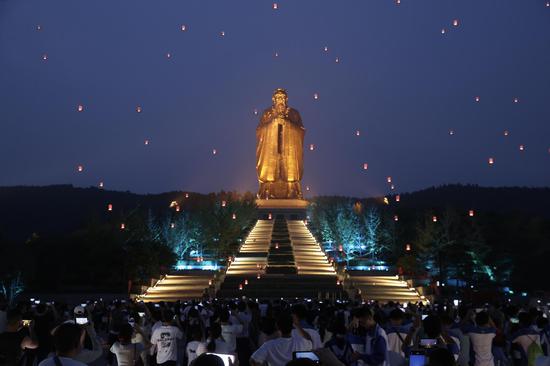



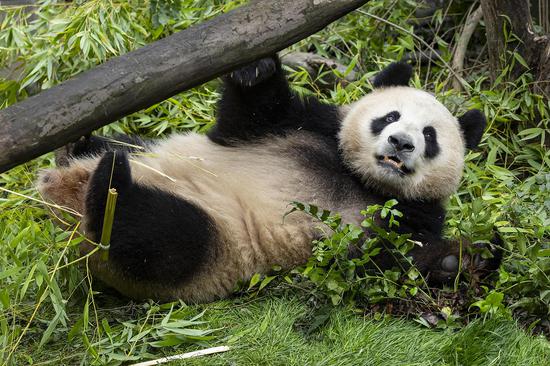
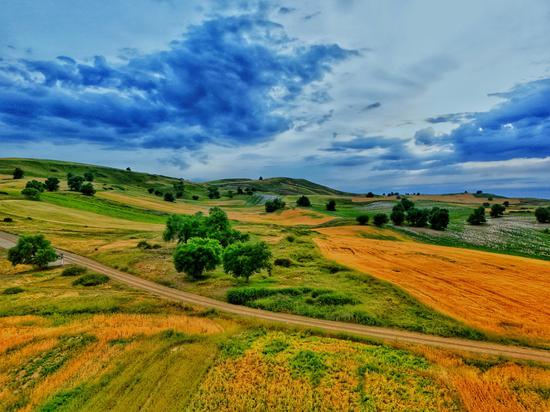








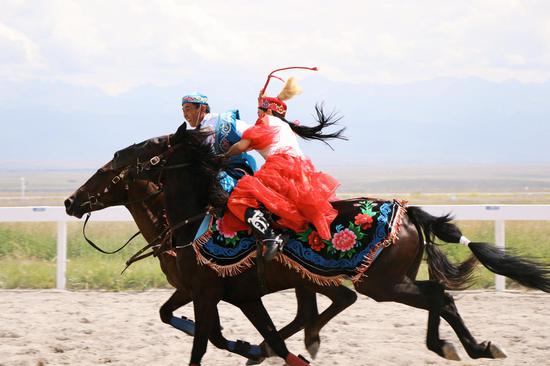


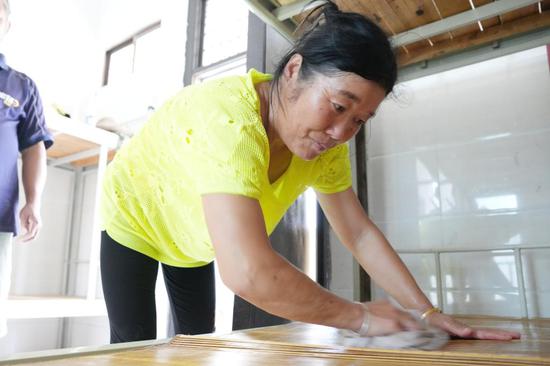














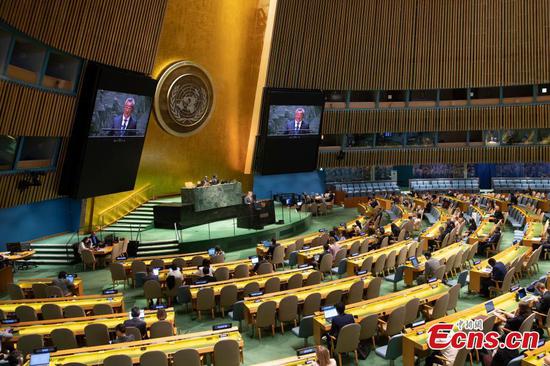





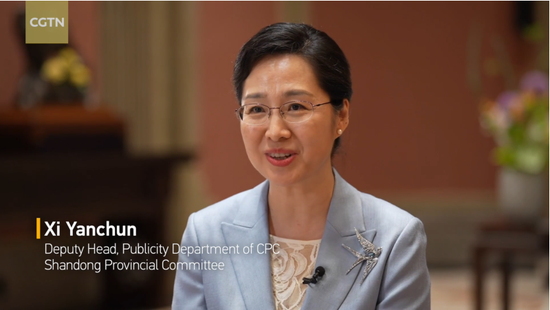



 京公网安备 11010202009201号
京公网安备 11010202009201号